Having spent the majority of my twenties studying for my international business degree and climbing my way up the career ladder in a London marketing agency, my opportunities for ‘real travel’ had been limited to a few, weeks in Thailand, India and Morocco with the rest of my trips abroad taking the form of long weekends escaping London to visit European locations like France and Spain.
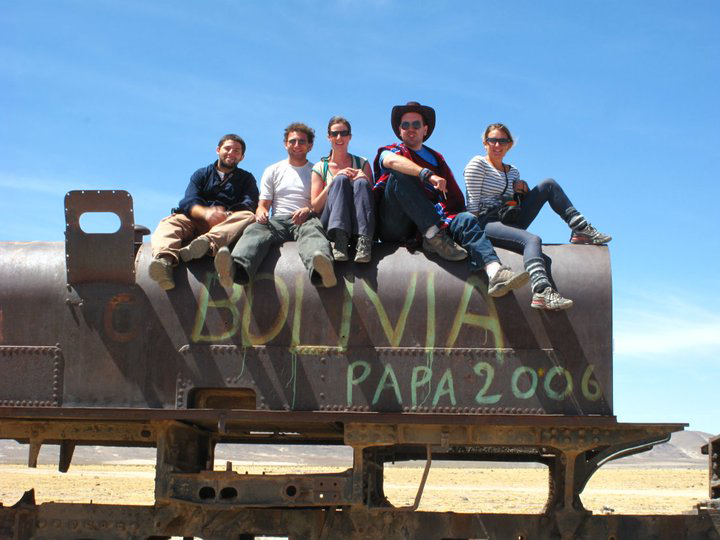
Like many people I had always been torn between two lives; my career ambitions and longing for stability and a comfortable life was constantly battling against my love of travel, living life to the full and breaking the mold. I decided at age 29 that it was now I never. I needed to stop fighting the latter and give my adventurous side a chance to explore. So, I agreed to a six month sabbatical with the director of the marketing agency and headed to South America, planning to travel for three months, (and here’s where my sensible side refused to totally give up the fight!) and put the rest of my time to gain a skill, trying to learn Spanish in Buenos Aires.
My first three months went by like a dream. Traveling with friends, acquaintances and total strangers, I fell in love with South America, its incredible landscapes and fascinating variety of cultures, whilst also becoming increasingly obsessed with getting to grips with Spanish. When I landed in Buenos Aires, my home for three months, my quest to learn Spanish intensified. Taking private lessons at Expanish, reading books, watching films and translating articles.
After a month and a half, and with the clock ticking on my time in Argentina, I began to worry about going home, and then my worry turned to panic and sleepless nights.
Going home is always tough but it’s an inevitable part of traveling and just something I was just going to have to deal with. But this felt different. I had an incredible three months of traveling behind me and had made some headway in my quest to learn Spanish, but the thought of going back to England, back to the same job, sitting at the same desk made me feel as if it might all have been in vain. I didn’t feel ready.
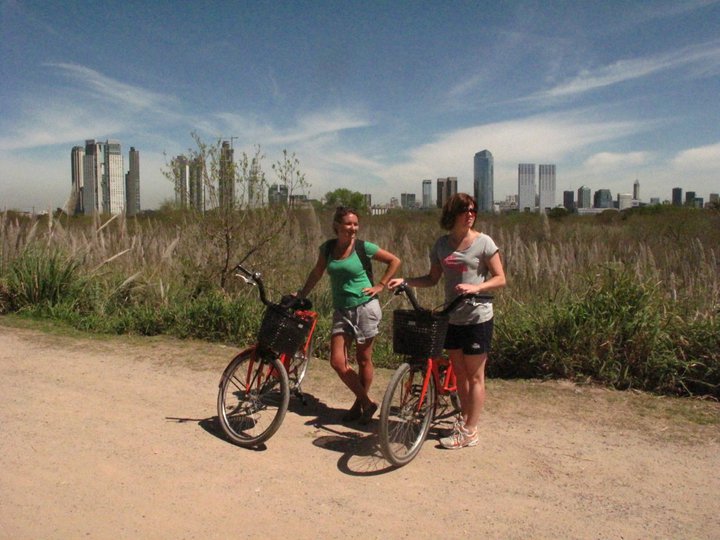
Once I admitted to myself that I didn’t want to go, my ambitious and sensible side began fighting back. I had to find a job and learn Spanish properly. So that’s what I did. I got a marketing position in the Spanish school I had been studying at and spoke to my very understanding boss back home, informing him I wouldn’t be coming back as planned.
Making the final decision to stay wasn’t easy, as one would expect I went through many periods of doubt, questioning my decision, speaking to my friends back home on Skype to get their advice and questioning my new found friends in Buenos Aires. But ultimately the decision at this stage was one I needed to make myself.
The numerous questions going round in my head included:
 – Why am I giving up such a great job back home?
– Why am I giving up such a great job back home?
– Will I still have a career when/if I decide to go back?
– How will I deal with missing my friends back home who are so important to me?
– Will I be able to make new friends?
– How will I cope with the huge salary cut?
– When will I next see my family?
– Can I cancel by British Airways flight?
However, once I had secured a job, and a flat, and made the final decision to stay, the transition from being a traveler on a six month sabbatical, to an expat living and working in Buenos Aires, became a whole lot easier. I was on a high, exhilarated at the thought of living in such a wonderful city on the other side of the world. Having time to explore it properly and become a local was exciting. Enjoying the beautiful weather, days by the pool, evenings on roof terraces meant I felt like I was on holiday all of the time, even during my walk to work. I was doing something I had always wanted to do but never thought I would.
Don’t get me wrong, there were times when I struggled, I missed having a solid group of friends, learning Spanish became challenging and frustrating, and the low wages and relatively high living costs in Buenos Aires meant I had to go back to basics. No more Saturday clothes shopping trips and nightly dinners out. But I have never once regretted the decision. If, and when I go back to London, I will go back a more confident person, with many new and wonderful friends and some great work experience under my belt. Plus I can speak Spanish, which has opened up a whole host of living and job opportunities!
Becky Hayes is a Londoner living in Buenos Aires and working for Expanish Spanish School in Argentina.





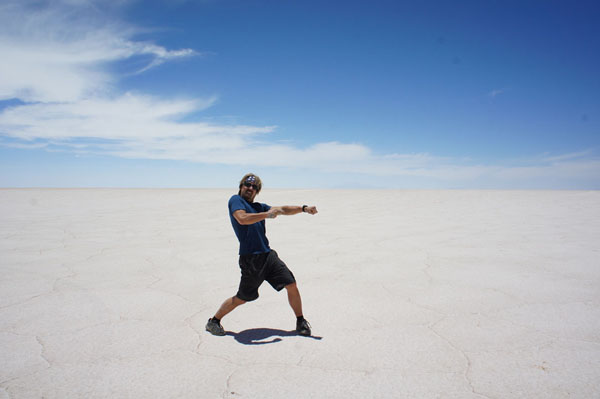
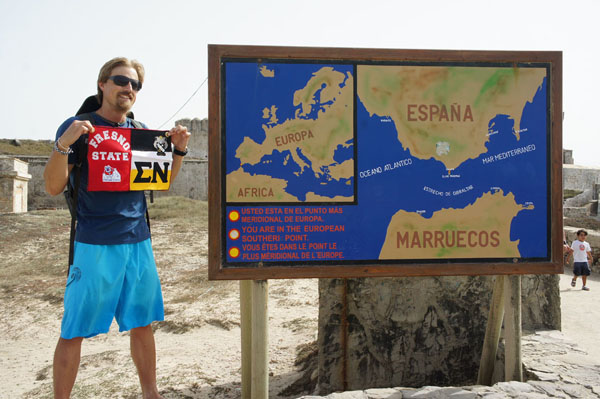
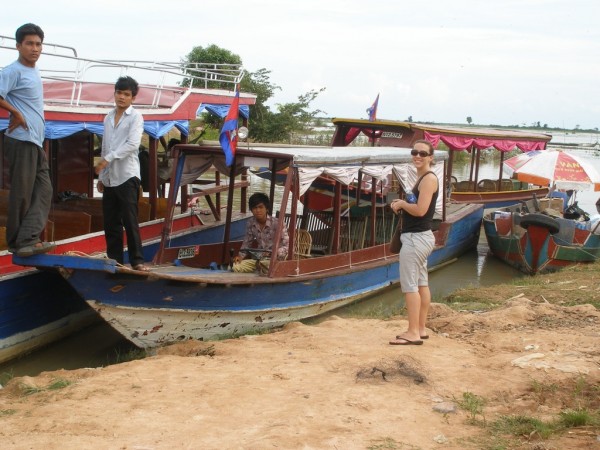
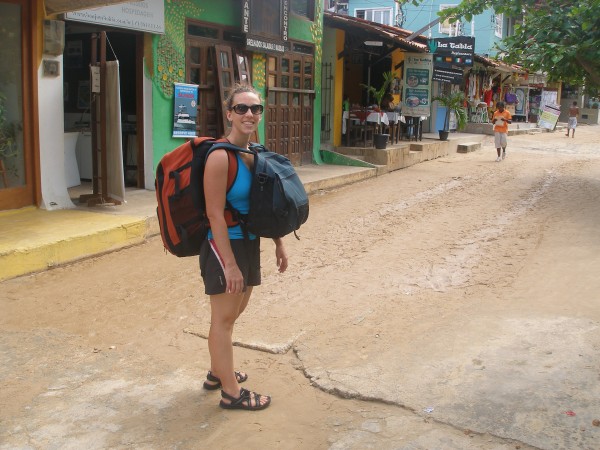
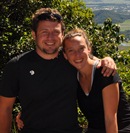 Stacey Rapp and Dave Roberts love hiking, scuba diving, cooking, and of course, traveling. They decided to take a career break after years of planning imaginary trips on a world map taped up on their living room wall. Now back in the US, they have relocated to San Jose, California from Portland, Oregon for work. They are busy unpacking boxes and getting reacquainted with their cat, Baja. The couple documented their travels on their blog,
Stacey Rapp and Dave Roberts love hiking, scuba diving, cooking, and of course, traveling. They decided to take a career break after years of planning imaginary trips on a world map taped up on their living room wall. Now back in the US, they have relocated to San Jose, California from Portland, Oregon for work. They are busy unpacking boxes and getting reacquainted with their cat, Baja. The couple documented their travels on their blog, 

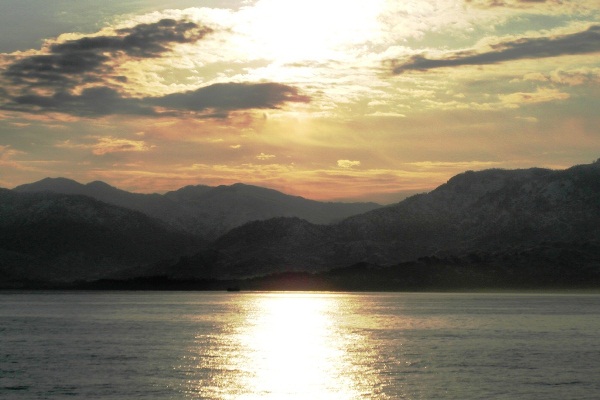 Without a doubt, my biggest fear when I quit my job to take a career break to travel was whether I would be able to find a job again upon my return. The fear plagued me throughout my thirteen months on the road. Not a week went by that I didn’t worry to some extent about what I was going to do next.
Without a doubt, my biggest fear when I quit my job to take a career break to travel was whether I would be able to find a job again upon my return. The fear plagued me throughout my thirteen months on the road. Not a week went by that I didn’t worry to some extent about what I was going to do next. Katie Aune quit her fundraising job in 2011 to spend a year traveling and volunteering throughout the former Soviet Union and is now back at work as the director of alumni engagement for a law school in Chicago. You can read about her travels, job search and re-entry experience on
Katie Aune quit her fundraising job in 2011 to spend a year traveling and volunteering throughout the former Soviet Union and is now back at work as the director of alumni engagement for a law school in Chicago. You can read about her travels, job search and re-entry experience on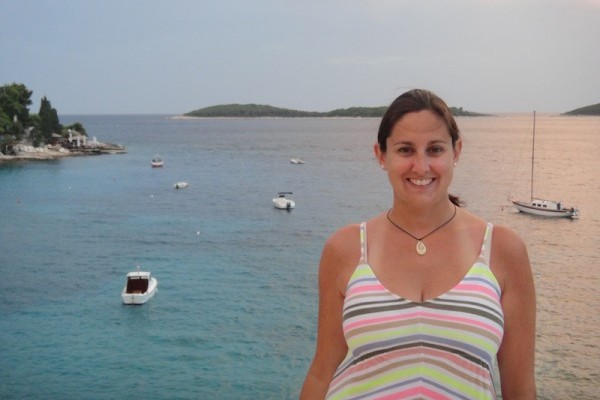 For months, people asked me, “what will this do to your career?”
For months, people asked me, “what will this do to your career?”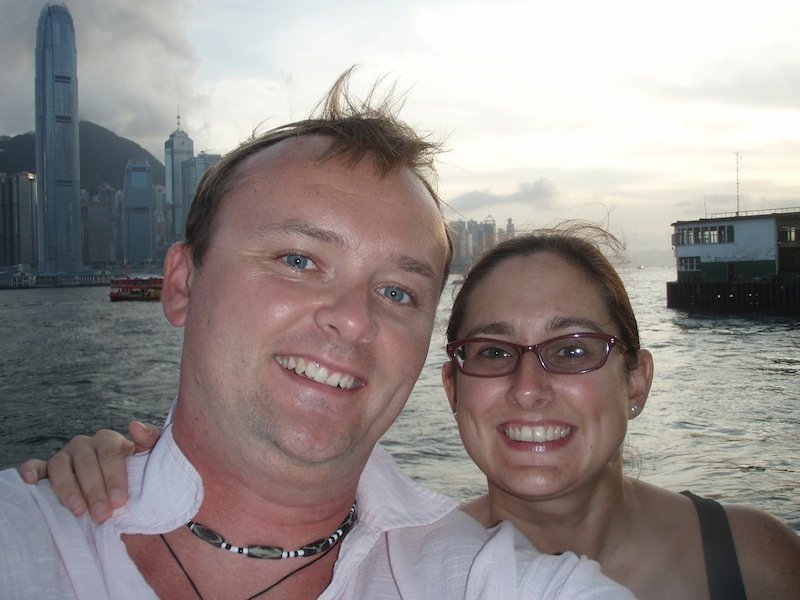
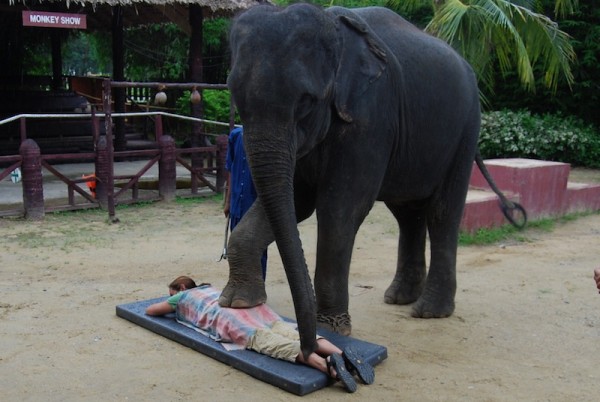
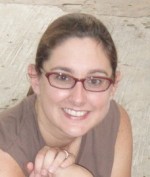 After 10 years as an attorney, Amber Hoffman left her job at the largest law firm in the world and decided to start living her life. She is now a recovering tax lawyer, traveling the world with her husband, exploring Europe, Latin America, and ultimately settling into a happy existence somewhere in Asia, where her passion really lies, outside the law. You can read more about her travels on
After 10 years as an attorney, Amber Hoffman left her job at the largest law firm in the world and decided to start living her life. She is now a recovering tax lawyer, traveling the world with her husband, exploring Europe, Latin America, and ultimately settling into a happy existence somewhere in Asia, where her passion really lies, outside the law. You can read more about her travels on 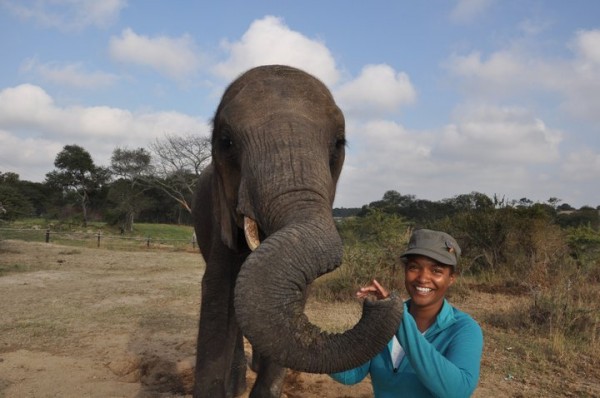
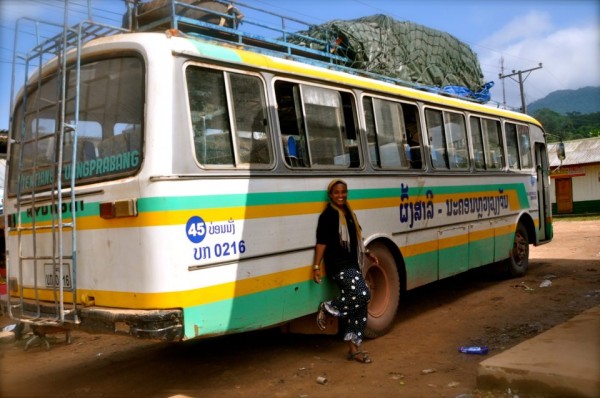
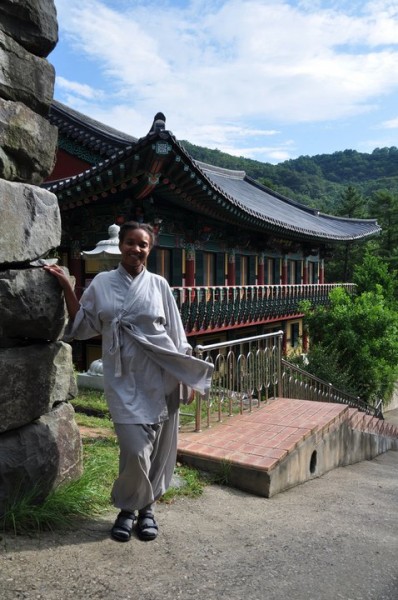
 Sonia Virtue was born in London, but has lived in New York since the age of eight. After 15 years in sales and marketing, she saw her daughter off to college and took a career break in March 2011. She spent 9 months traveling from Nairobi to Cape Town, Portugal, Spain, South Korea, China, Vietnam, Thailand, Cambodia, and Laos. You can read about her travels at
Sonia Virtue was born in London, but has lived in New York since the age of eight. After 15 years in sales and marketing, she saw her daughter off to college and took a career break in March 2011. She spent 9 months traveling from Nairobi to Cape Town, Portugal, Spain, South Korea, China, Vietnam, Thailand, Cambodia, and Laos. You can read about her travels at 





